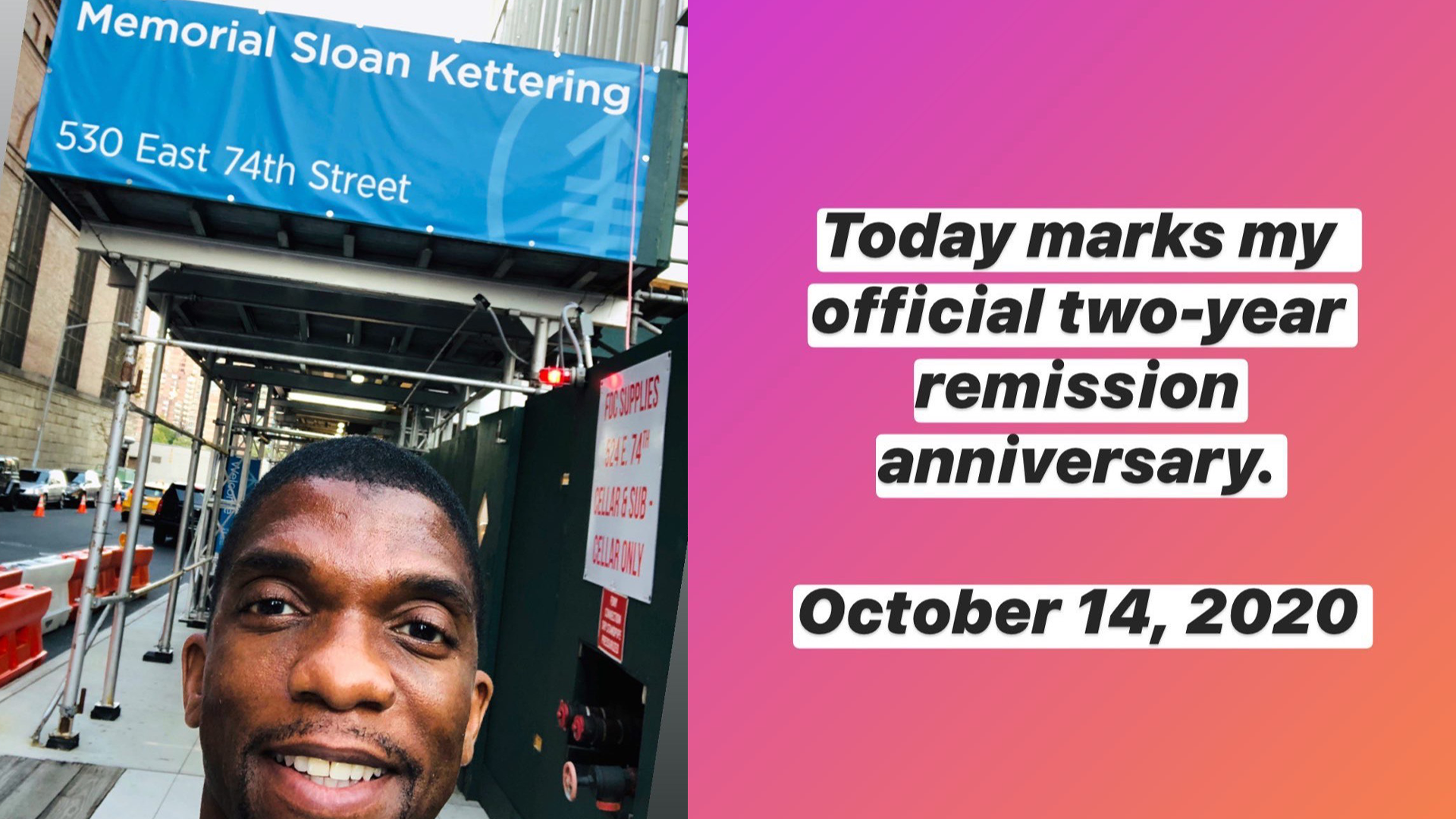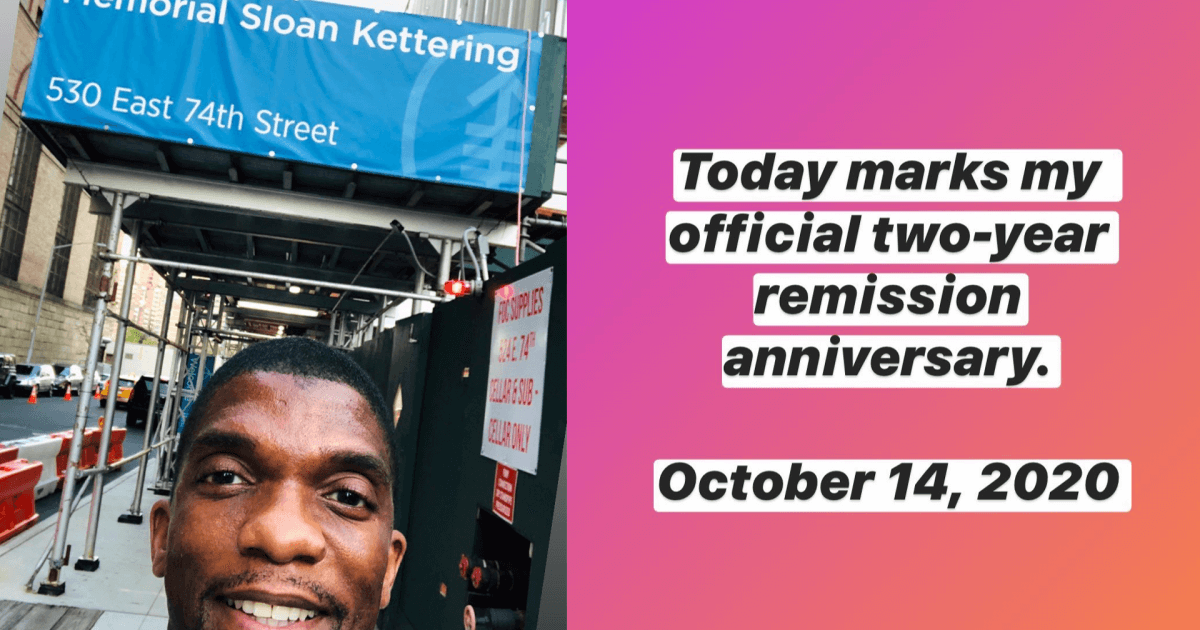Kevin Is Cancer-Free
- Actor Chadwick Boseman’s older brother, Kevin, 48, shared that he is two years cancer-free.
- His younger brother Chadwick passed of colon cancer in August, at 43.
- Colon cancer screenings are extremely important, especially if you have a family history of the disease.
 This happy news a welcome bright spot for the Boseman family, who has been through much loss this year. Kevin, like his younger brother, is also a performer. He’s a dancer and choreographer based in New York City.
This happy news a welcome bright spot for the Boseman family, who has been through much loss this year. Kevin, like his younger brother, is also a performer. He’s a dancer and choreographer based in New York City.Losing Chadwick to Colon Cancer
Kevin lost his younger brother Chadwick, 43, on August 28, 2020, after a four-year battle with colon cancer. He chose to keep his diagnosis largely private, so the news of his passing from cancer came as a surprise to many of us, who loved his work.
An announcement on the late actor’s Instagram account shared the news of his passing: “It is with immeasurable grief that we confirm the passing of Chadwick Boseman.⣠Chadwick was diagnosed with stage III colon cancer in 2016, and battled with it these last 4 years as it progressed to stage IV…”
Chadwick was young and healthy before he got sick. Colon cancer does affect younger people. Craig Melvin, from the TODAY show, shared with SurvivorNet some insights on colon cancer. Melvin's brother survived stage four colon cancer, so this is an issue close to his heart.
Related: Colon Cancer: Overview
Melvin said, "Colon cancer, for a long time, in fact, I would contend until fairly recently, was thought of as an elderly person's disease. We've seen a steady decline in colorectal cancer cases overall over the past decade or so. But over that same time period, we have seen an annual increase somewhere between 1.5 and 2% every year of cases of colon cancer under the age of 45."
Melvin continued, “But if you get screened, if you listen to your body, it is also, arguably, the most treatable cancer as well.”
Screening for Colon Cancer
It’s so important to start screening earlier that the U.S. Preventive Services Task Force just recently drafted new recommended guidelines which state colon cancer screenings should begin at 45-years-old, instead of 50. This is due to the increase in colon cancer diagnoses in younger adults.
Related: Living With Colorectal Cancer
Screening for colon cancer is done typically via colonoscopy, a procedure done at your doctor’s office which is used to check for polyps in the colon. Polyps are small growths in the colon which lead to no symptoms. However, they can be seen on screening tests, and they may, eventually lead to cancer. That’s why looking for these polyps on a regular basis is so crucial you want your doctor to detect them before there is a problem. It can take up to 10 years for a polyp in the colon to become cancer.
Dr. Heather Yeo, a colorectal surgeon and surgical oncologist at Weill Cornell Medicine and NewYork-Presbyterian, spoke with SurvivorNet about the imperative nature of colon cancer screenings. Dr. Yeo said, “Colon cancer is considered a silent and deadly killer. What happens is people often don’t know that they have colon cancer. They don’t have any symptoms. That’s why we screen for colon cancer in the United States.”
Related: Getting Cleaned Out for a Colonoscopy
She also emphasized that it’s important to screen for colon cancer, even if you do not have a family history of the disease. And it’s especially critical to screen for the disease if you do have a history of this cancer in your family. Dr. Yeo told SurvivorNet, “If you have any family history of colon cancer, you should be screened about 10 years before your family member had colon cancer. So if you have a family member that was 53, you should be screened at 43.”
Colon Cancer Screening is Extremely Important
Learn more about SurvivorNet's rigorous medical review process.


